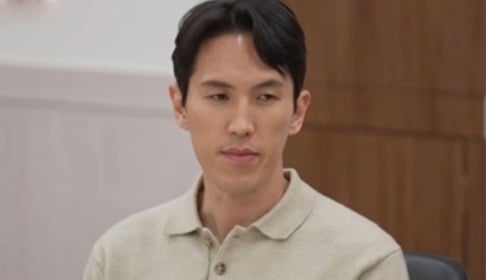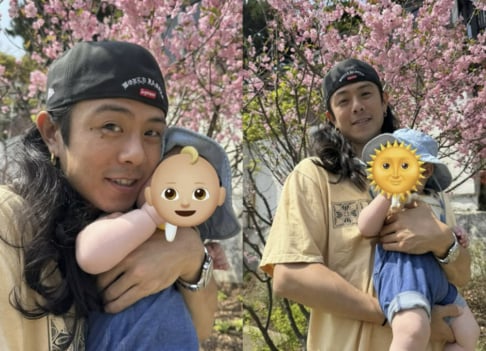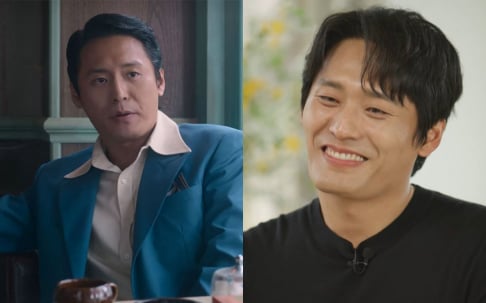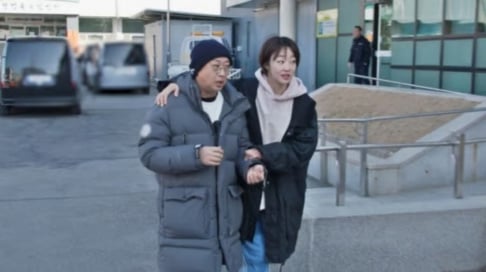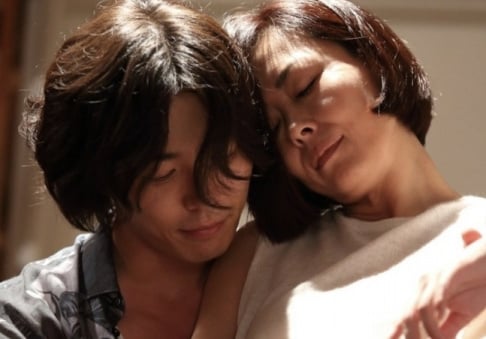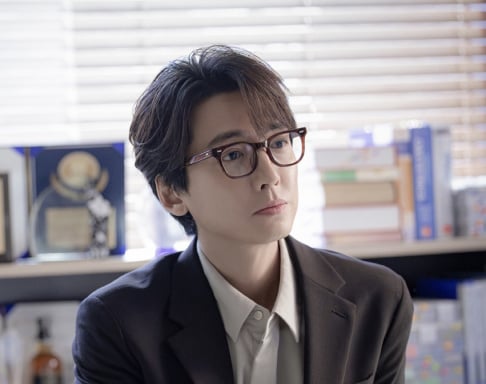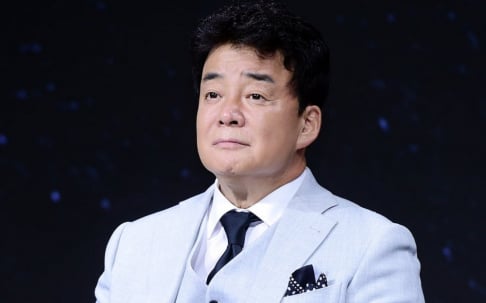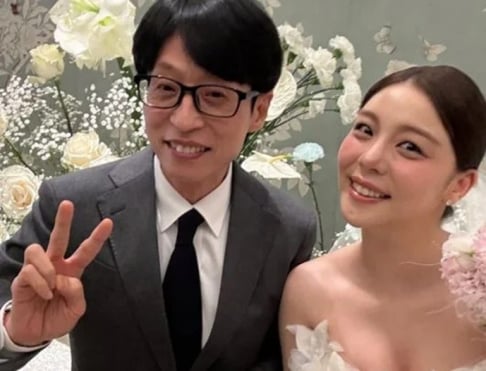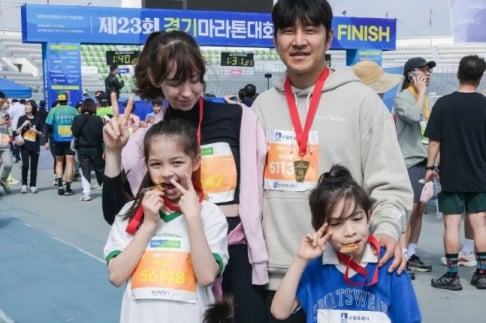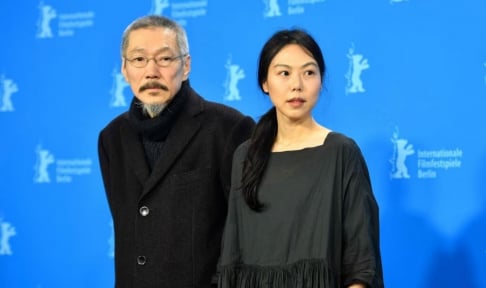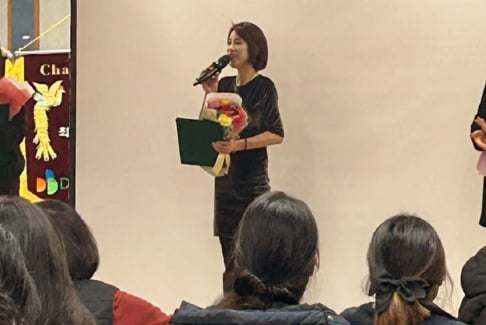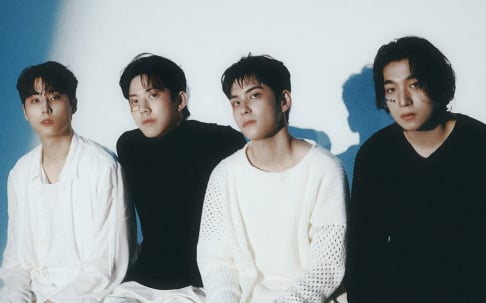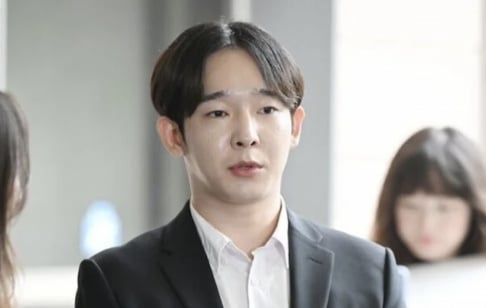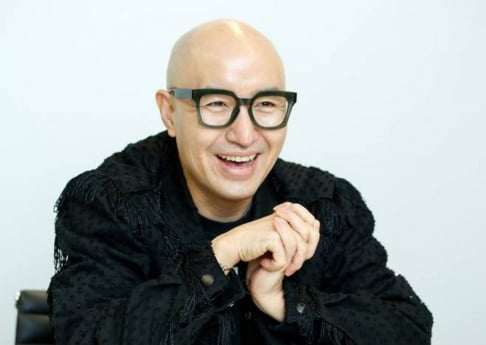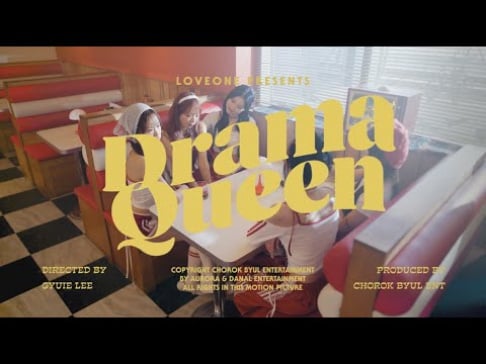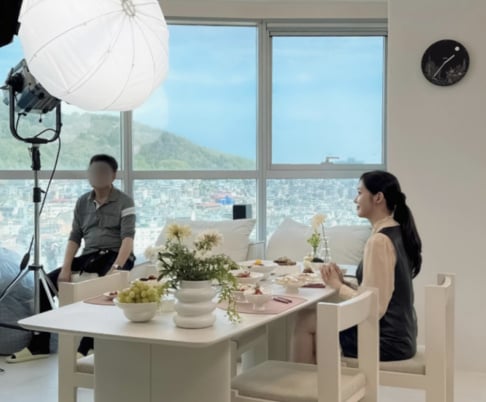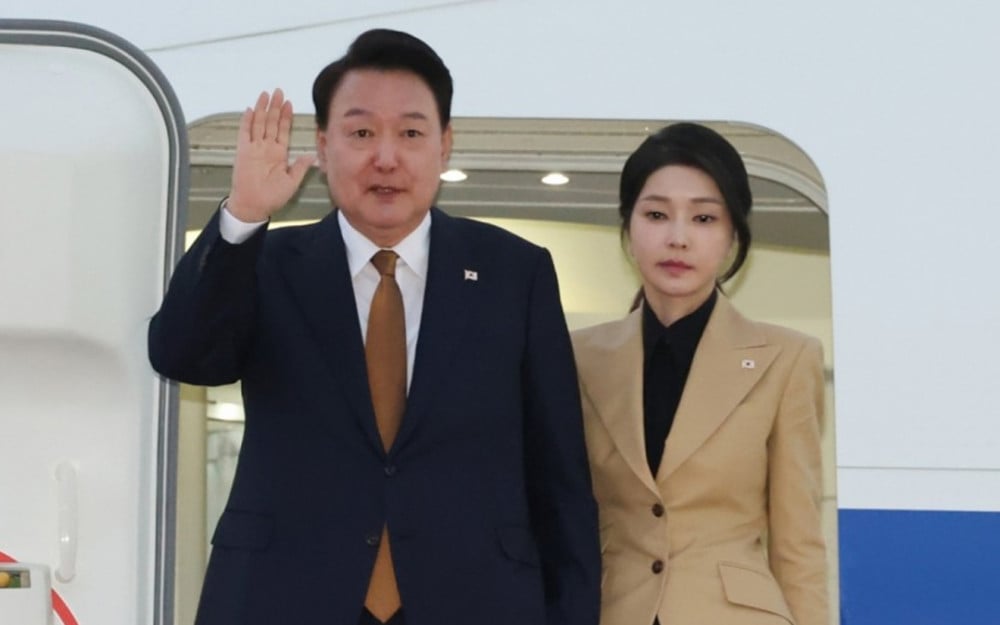
On April 4, former President Yoon Suk Yeol was officially dismissed from office after the Constitutional Court unanimously upheld his impeachment.
As a result, both Yoon Suk Yeol and former First Lady Kim Keon Hee must vacate the presidential residence in Hannam-dong. All privileges typically granted to former presidents, including a monthly pension of approximately 20 million won, an office, and staff support, will be revoked, with only a limited security detail remaining for personal safety.
Now an ordinary citizen, Yoon Suk Yeol faces criminal trial for leading an insurrection, related to his declaration of martial law on December 3.
According to the presidential office, Yoon Suk Yeol calmly watched the court’s ruling on television from the Hannam-dong residence. He initially intended to attend the court hearing in person but ultimately decided not to, citing concerns over crowd control and security. The court’s decision took immediate effect, meaning Yoon Suk Yeol ceased to be president the moment the ruling was delivered, and must promptly vacate the presidential residence. The exact date of his departure has yet to be determined.
If no alternative housing is arranged, it's likely the former president and his wife will return to Acro Vista, their private residence. However, due to the building's structure as a high-rise complex, security arrangements may prove difficult. During his transition period as president-elect, the entire complex was designated as a special security zone by the Presidential Security Service.
Yoon Suk Yeol may be permitted to remain at the residence for a few more days to allow for necessary security arrangements. Presidential Chief of Staff Jung Jin Suk and Security Service Director Kim Sung Hoon are reportedly inclined to allow some flexibility. For reference, former President Park Geun Hye also left the presidential residence two days after her dismissal in 2017 due to similar security concerns.
With the ruling, Yoon Suk Yeol is no longer eligible for virtually any of the customary benefits granted to former presidents under the Act on the Treatment of Former Presidents. This includes loss of pension, transportation, communication, and office support, medical care, three personal aides, and a chauffeur. However, the law does allow for “necessary security protection” to be maintained, albeit with a reduced level of personnel. While a normally retired president is eligible for up to 15 years of security (10 years + 5-year extension), those who leave office mid-term are limited to 10 years maximum.
Yoon Suk Yeol must also now stand trial. He was indicted in January on charges of insurrection over his martial law declaration and was detained before being released on March 7 following a court decision. Although released, he had been shielded by presidential immunity, which is no longer in effect. This opens the door to further investigation into alleged military rebellion and potential re-arrest.
First Lady Kim Keon Hee also faces renewed legal scrutiny. Prosecutors may reopen the Deutsch Motors stock manipulation case, and opposition parties are considering pushing for a special counsel investigation following the election.
The Constitutional Court’s ruling came 122 days after Yoon Suk Yeol declared martial law on December 3 and 111 days after the National Assembly passed the impeachment motion. This is only the third time in South Korea’s history that a sitting president has been impeached by the court. The previous cases—President Roh Moo Hyun and Park Geun Hye—took 63 and 91 days, respectively.
For impeachment to be upheld, at least six of the nine constitutional judges must agree. In this case, the court ruled with eight sitting justices, as one seat was vacant. The court closed hearings on February 25 and deliberated for 39 days before announcing its ruling.
Yoon had declared martial law on December 3, accusing the Democratic Party-led budget cuts and the impeachment of the Audit Board head as “anti-state acts conspiring to rebel.” The martial law proclamation banned political activities by the National Assembly and political parties. Troops and police were dispatched to the National Assembly and the National Election Commission. The decree was rescinded at 4:30 AM the next day after the National Assembly passed a resolution.
Opposition parties immediately condemned Yoon’s actions as treason and began impeachment proceedings. They argued that Yoon violated the Constitution and laws by using military and police force to suppress the National Assembly and interfere with the National Election Commission, disrupting the constitutional order.
The first impeachment motion, proposed on December 7, failed due to a boycott by the ruling People Power Party. A second motion passed on December 14, with 204 votes in favor, clearing the threshold for adoption.
SEE ALSO: Arson suspect dies after setting fire to apartment building following noise complaints
 SHARE
SHARE




